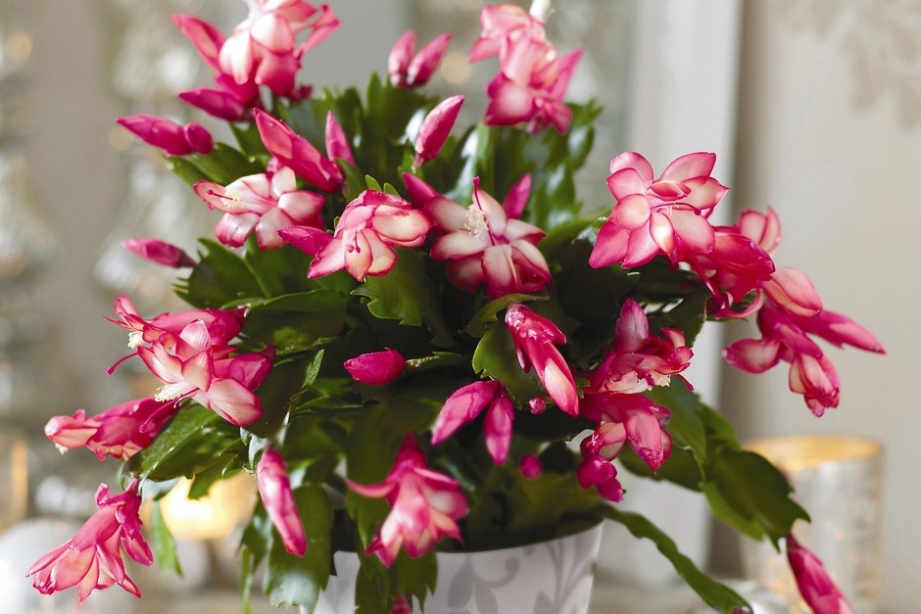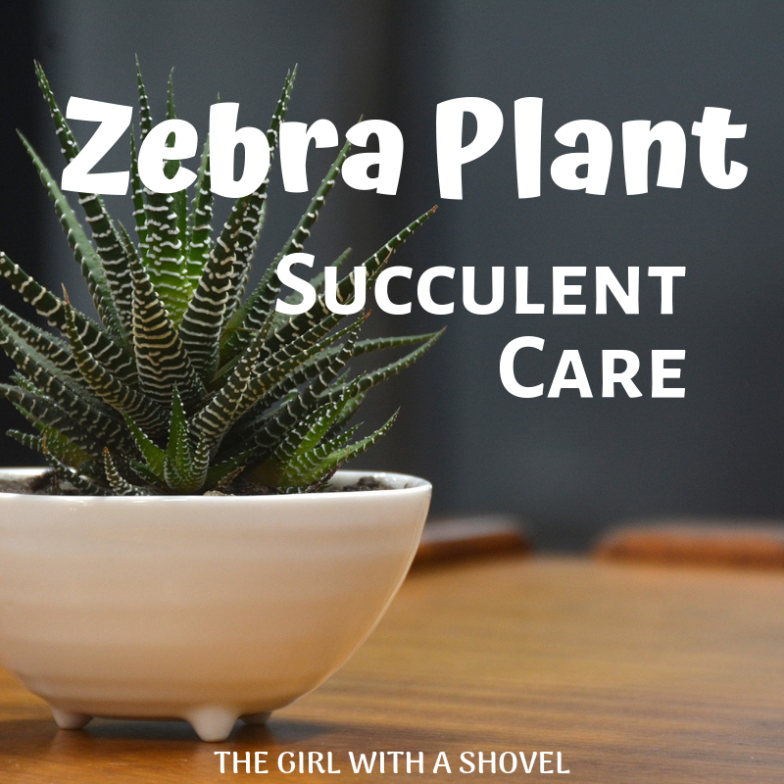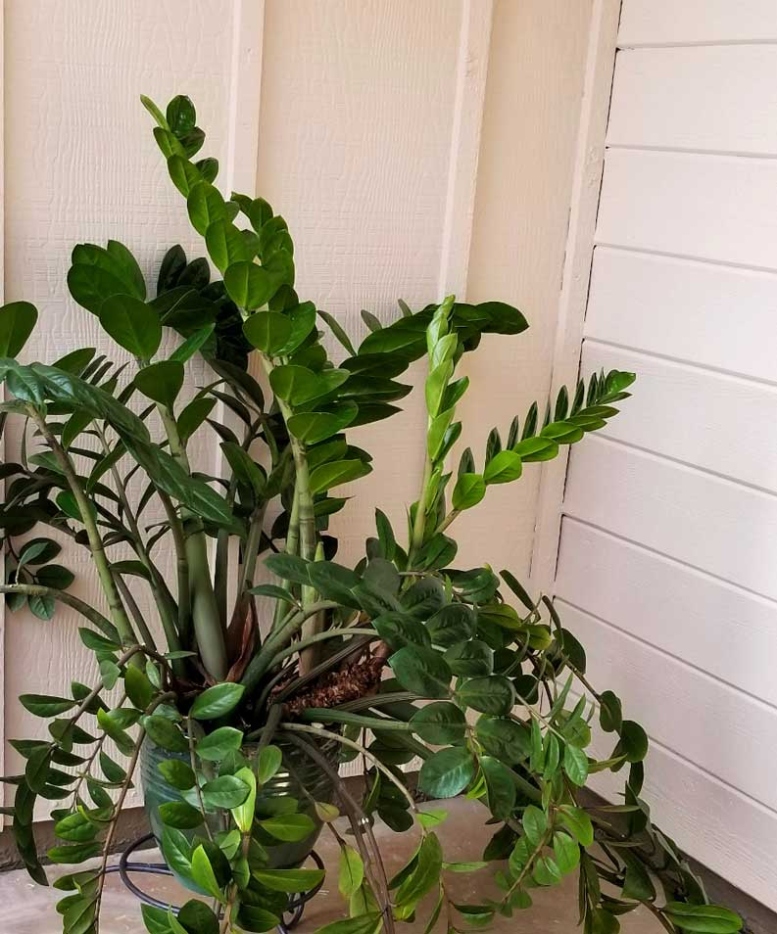How to Apply Epsom Salt to Plants
What do you mean by applying Epsom salt to plants?
Applying Epsom salt to plants refers to the practice of using this natural mineral to provide essential nutrients to plants in order to promote healthy growth and improve overall plant health. Epsom salt, also known as magnesium sulfate, is a popular supplement for plants due to its ability to enhance nutrient uptake, stimulate growth, and increase flower and fruit production.
How can you apply Epsom salt to plants?
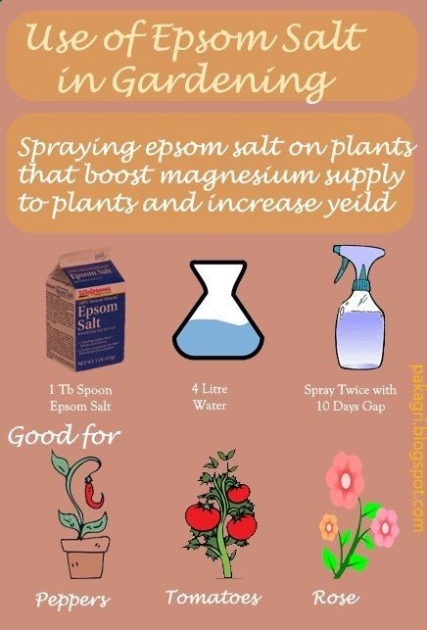
Image Source: pinimg.com
There are several methods for applying Epsom salt to plants, depending on the type of plant and its specific needs. One common method is to dissolve Epsom salt in water and use it as a foliar spray, which allows the plant to absorb the nutrients through its leaves. Another method is to mix Epsom salt with soil before planting or apply it directly to the soil around the plant. It is important to follow the recommended dosage instructions to avoid damaging the plant.
What is known about the benefits of applying Epsom salt to plants?
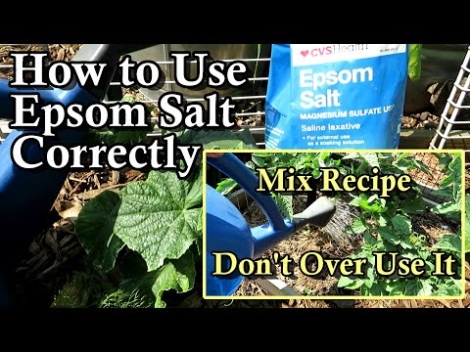
Image Source: ytimg.com
There are several benefits to applying Epsom salt to plants. One of the main benefits is that Epsom salt is rich in magnesium, which is an essential nutrient for plant growth and development. Magnesium plays a key role in photosynthesis, the process by which plants convert sunlight into energy, as well as in the production of chlorophyll, the green pigment that gives plants their color.
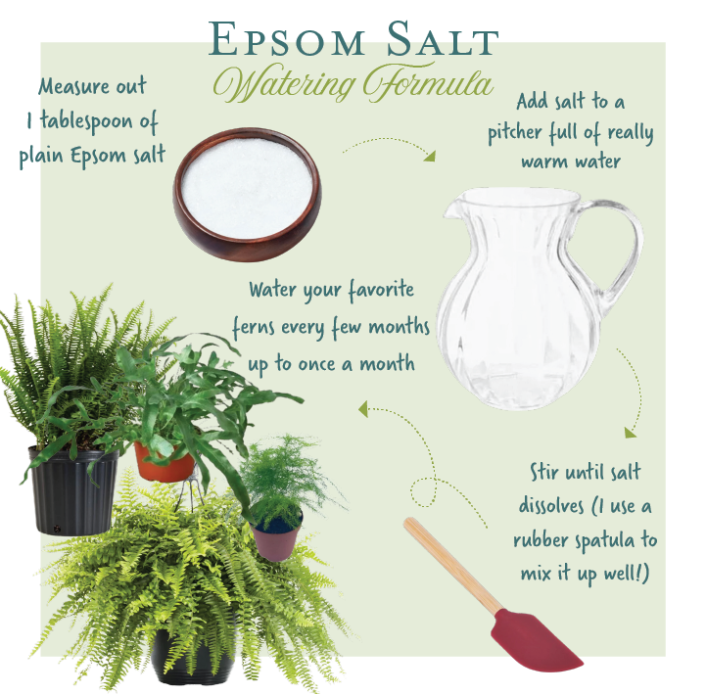
Image Source: squarespace-cdn.com
In addition to magnesium, Epsom salt also contains sulfur, which is another important nutrient for plants. Sulfur is involved in the production of amino acids and proteins, which are essential for plant growth and health. By providing plants with these essential nutrients, Epsom salt can help to improve overall plant health, increase flower and fruit production, and enhance the color and flavor of fruits and vegetables.
What is the solution for applying Epsom salt to plants?
When applying Epsom salt to plants, it is important to follow the recommended dosage instructions to avoid over-fertilization, which can harm the plant. The general recommendation is to mix 1 tablespoon of Epsom salt with 1 gallon of water and apply the solution to the plant’s leaves or roots once a month during the growing season. For potted plants, you can sprinkle a small amount of Epsom salt directly onto the soil.
It is also important to choose a high-quality Epsom salt product that is free of additives or fillers. Look for a product that is labeled as agricultural grade or organic to ensure that it is safe for use on plants. Additionally, make sure to water the plant thoroughly after applying Epsom salt to help the nutrients penetrate the soil and reach the plant’s roots.
Information about applying Epsom salt to specific types of plants
While Epsom salt can be beneficial for a wide range of plants, some plants may benefit more from its use than others. For example, tomatoes, peppers, and roses are known to respond well to Epsom salt, as it can help to improve flower and fruit production and enhance the color and flavor of the fruits. Additionally, Epsom salt can be beneficial for plants that are showing signs of magnesium deficiency, such as yellowing leaves or stunted growth.
It is important to research the specific needs of your plants before applying Epsom salt to ensure that it will be beneficial and not harmful. If you are unsure about whether Epsom salt is suitable for your plants, consult with a local gardening expert or nursery for advice.
FAQs
1. Is Epsom salt safe to use on all types of plants?
While Epsom salt is generally safe for use on most plants, some plants may be more sensitive to its effects than others. It is recommended to research the specific needs of your plants before applying Epsom salt to ensure that it will not cause harm.
2. How often should I apply Epsom salt to my plants?
The general recommendation is to apply Epsom salt to plants once a month during the growing season. However, the frequency of application may vary depending on the type of plant and its specific needs.
3. Can I use Epsom salt as a fertilizer for my plants?
While Epsom salt can provide essential nutrients to plants, it is not a complete fertilizer and should be used in conjunction with a balanced fertilizer to ensure that the plant receives all the nutrients it needs for healthy growth.
4. Can I apply Epsom salt directly to the soil around my plants?
Yes, you can apply Epsom salt directly to the soil around your plants. Simply sprinkle a small amount of Epsom salt onto the soil and water it thoroughly to help the nutrients penetrate the soil and reach the plant’s roots.
5. Will Epsom salt harm my plants if I apply too much?
Yes, applying too much Epsom salt can harm your plants by causing over-fertilization. It is important to follow the recommended dosage instructions and avoid applying more than the recommended amount to prevent damage to the plant.
6. Can I apply Epsom salt to houseplants?
Yes, you can apply Epsom salt to houseplants to provide them with essential nutrients and promote healthy growth. Mix 1 tablespoon of Epsom salt with 1 gallon of water and apply the solution to the plant’s leaves or roots once a month during the growing season.
7. Where can I purchase Epsom salt for my plants?
Epsom salt is widely available at garden centers, nurseries, and online retailers. Look for a high-quality Epsom salt product that is labeled as agricultural grade or organic to ensure that it is safe for use on plants.
how to apply epsom salt to plants







